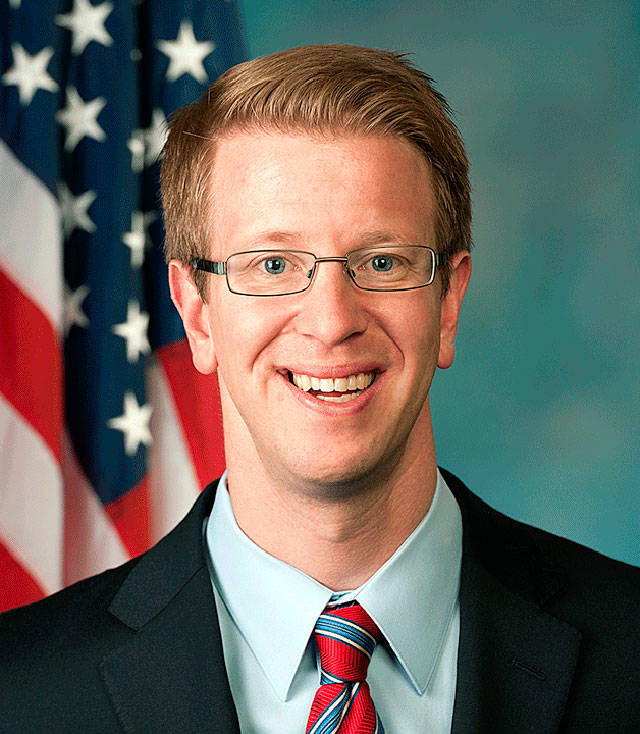Warning the Republican tax plan raises taxes on 86 million middle class families while giving massive tax breaks to the country’s wealthiest people, Congressman Derek Kilmer voted against the Republican tax bill Tuesday in the U.S. House of Representatives.
U.S. Rep. Kilmer, a 6th District Democrat from Gig Harbor, noted that the Republican tax plan will add more than $1.5 trillion to the debt.
“Today’s vote is an enormous missed opportunity,” Kilmer said.
“Done right, tax reform could help grow our economy, give small businesses a boost, and make it easier for middle class families to get ahead. Instead, this bill raises taxes on 86 million middle-class families while giving 83 percent of the tax cuts to the wealthiest 1 percent and adding more than $1.5 trillion to the debt that our kids will have to pay off,” Kilmer said.
Kilmer noted he offered to work with Republicans on a bipartisan tax reform plan from the start of the process. Earlier this year, Kilmer and members of the New Democrat Coalition met with Rep. Kevin Brady, the chairman of the House Ways and Means Committee, which drafts tax policy, and offered to work on bipartisan tax reform.
The group offered an alternative tax plan that would have drawn bipartisan support, Kilmer said, and he outlined the plan in an op-ed in The News Tribune earlier this week.
The final version of the Republican tax bill was issued just four days before Tuesday’s vote.
Kilmer’s office noted that last-minute loopholes were added to the package, including a real estate tax break designed specifically to give massive tax breaks to wealthy real estate owners, and another loophole that could
end up sending more jobs overseas.
Critics of the bill have warned the $1.5 trillion that will be added to the national debt over the next decade will trigger automatic cuts that will hurt many Americans.
Next year alone, Medicare, the health insurance program for the elderly, would be cut by $25 billion.
And according to the nonpartisan Congressional Budget Office, the tax bill would cause sweeping changes to healthcare, which would lead to a 10 percent increase in health care premiums and cause 13 million fewer Americans to purchase insurance.
The bill also penalizes working people, critics have pointed out, because it applies a higher tax rate to employee wages and salaries than to income earned by proprietors who do the exact same job.
In a recent interview with The New York Times about this issue, Adam Looney, a senior fellow at the Brookings Institution and a former Treasury Department official, said: “We’ve never had a tax system where wage earners are substantially penalized” in this way.
The bill passed by a House vote of 227-203, and now moves to the Senate.



